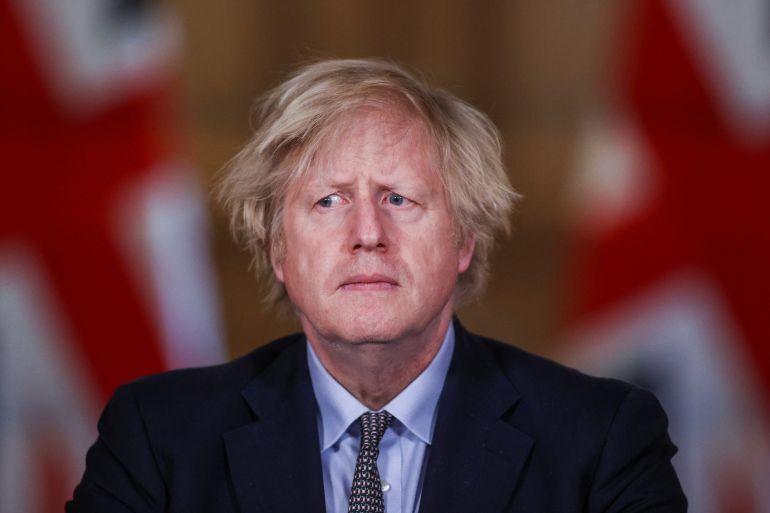UK legislation to curb torture prosecutions must be stopped

I arrived in the United Kingdom two decades ago after fleeing torture and violence in my native country. Having found sanctuary and new citizenship, I rebuilt my life here. Advocating for refugees and torture survivors all over the world, I felt proud when I was appointed one of two Survivor Champions for the British government’s Preventing Sexual Violence in Conflict Initiative (PSVI). Now, the same government is proposing legislation which paves the way for those who commit torture to evade justice.
For me and other torture survivors living in Britain, the Overseas Operations Bill has been a punch in the gut. It proposes the creation of a “presumption against prosecution” for members of the UK armed forces accused of grave crimes, including torture, committed overseas more than five years earlier, barring only “exceptional circumstances”. While I welcome that this bill doesn’t include the heinous crime of rape or sexual violence, are we to understand that torture is a “lesser” crime?
In central Africa where I grew up, war criminals and torturers went unpunished, or were appointed to the highest positions of state. I have seen first-hand the catastrophic impact of torture – the way it traumatises whole families, societies and generations. I have also seen what happens when a government starts to slide back on an absolute torture ban.
Accountability and rule of law are the necessary tools of justice for torture survivors. Not only do these proposals add a legal barrier for us, they give a green light to torturing states everywhere to continue their unlawful and inhumane practices. Countries like Sri Lanka, where the scars of civil war run deep and military torture is ongoing, are already thinking of adopting Britain’s proposed model of impunity.
I am not alone in my criticisms. Last week, the House of Lords voted by an overwhelming majority to amend the Bill to ensure that torture will remain a crime possible to prosecute under any circumstances. The government suggests critics have misunderstood, telling us we should “just read the bill”. But it doesn’t stand the test of reason, especially after powerful condemnation from the United Nations, which noted that the bill as drafted makes it “substantially less likely” that UK troops would be held accountable for their worst crimes.
Another troubling aspect of the bill is the damage it does to Britain’s Armed Forces. The government promises that the bill is to protect soldiers from “vexatious claims”. British army veteran and security expert, Rob Gallimore, says otherwise. “This legislation is designed to protect people who have committed acts in the heat of battle, but torture is a pre-meditated act – it is an act that is carried out while people can hear the gunfire, but cannot smell the cordite.”
Other critics, including senior legal figures, have argued that passing the bill would leave British soldiers vulnerable to prosecution by the International Criminal Court (ICC), as it would make it impossible for justice to be delivered to torture survivors “in-house”. Britain was one of the founding members of the ICC, and very recently, the British nominee, Karim Khan, has been appointed as the Court’s new chief prosecutor. Embarrassingly, will he need to oversee investigations of his own country?
Finally, the bill’s arbitrary five-year window for prosecution troubles me. It took decades for rapists to be convicted after the Bosnian war – there have been convictions that came as late as 2011. And consider the women who took years to come forward and report their sexual assaults, emboldened by the #MeToo movement. I know how long it takes for survivors to come to terms with happened to them before they can disclose it. Why is Britain putting a time limit on justice?
Not only is this bill morally unacceptable, but it risks damaging the UK’s credibility on global leadership and all the work that has been done through PSVI, by sending a message to the world that torture is acceptable.
The global torture ban is a legal norm right now. But it is also under threat by governments across the world that are giving in to creeping authoritarianism. If the Overseas Operations Bill passes in its current form, it will diminish Britain’s international standing and add it to the long list of countries that tacitly condone torture. For the sake of torture survivors everywhere, we must resist this bill.
The views expressed in this article are the author’s own and do not necessarily reflect Al Jazeera’s editorial stance.
